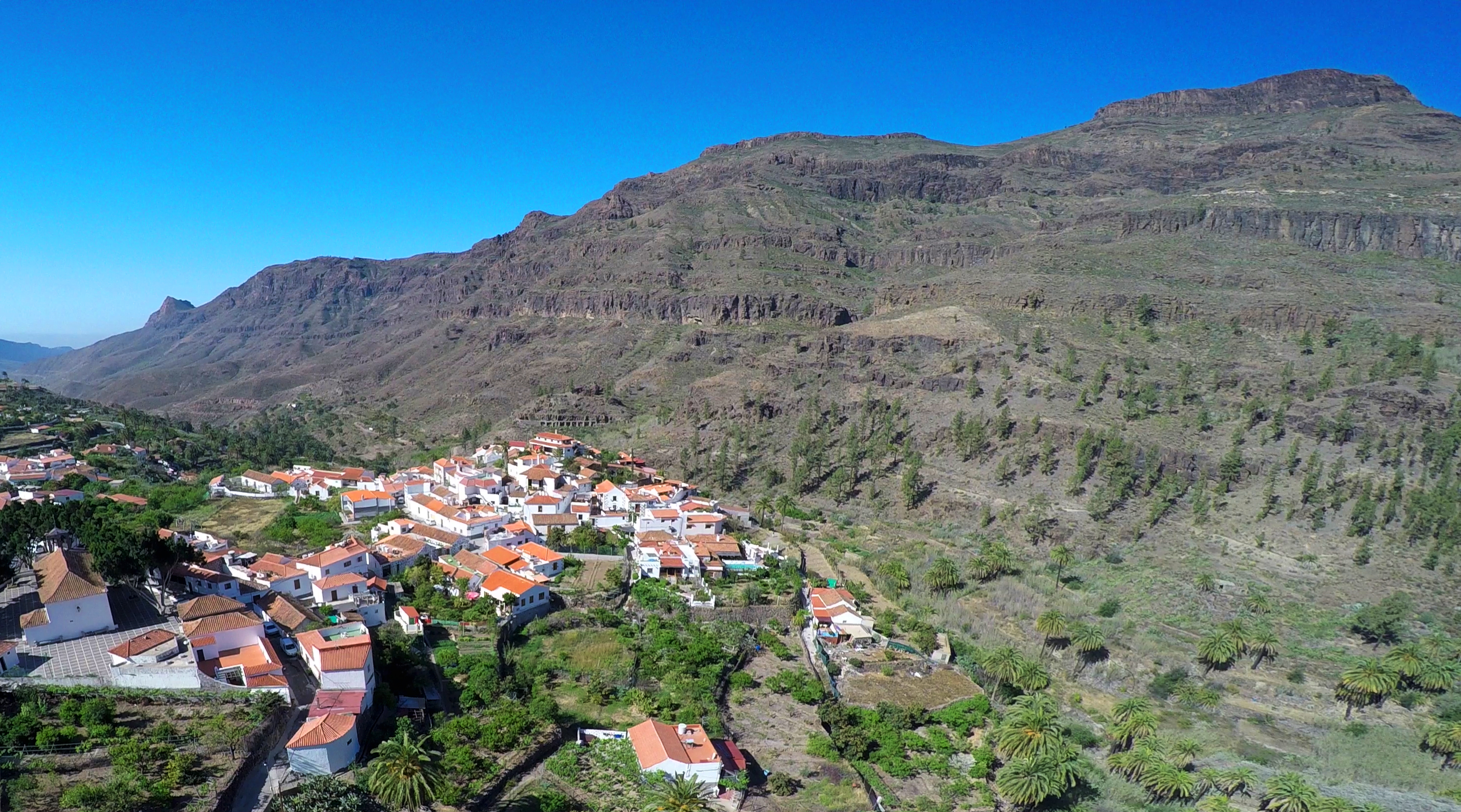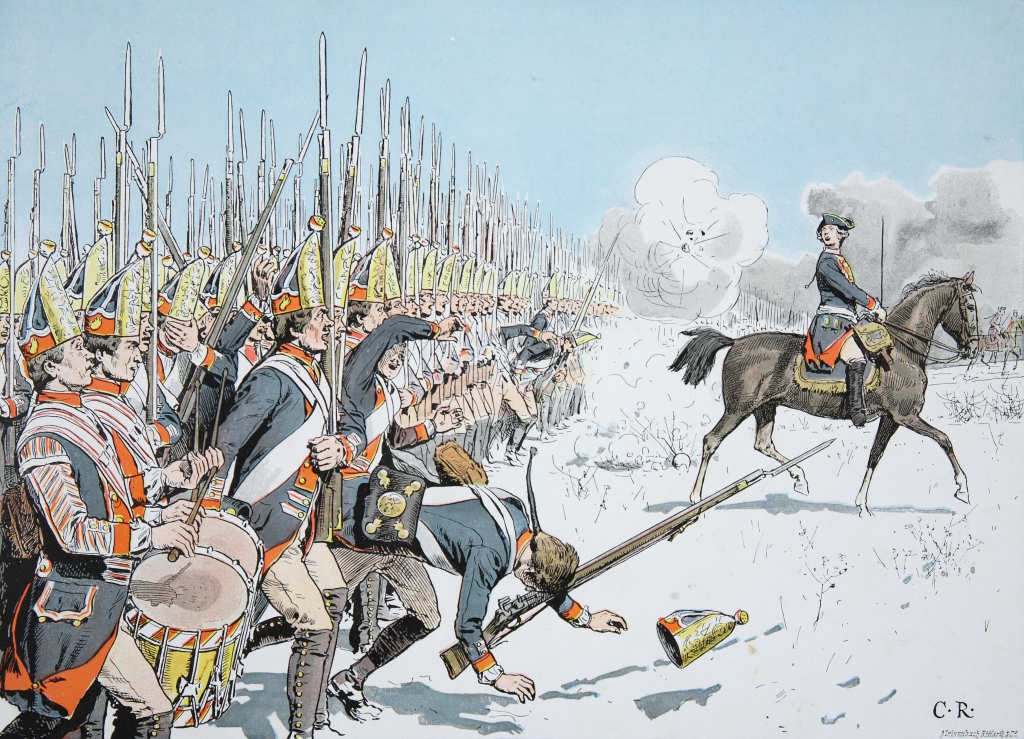|
Francisco Antonio Maciel
Francisco Antonio Maciel (September 16, 1757 – January 20, 1807 in Montevideo), was a Montevidean Criollo industrialist and philanthropist of the time of the Spanish colony. He was known as the "father of the poor." He was born into a prominent family in colonial Montevideo, originally from the Canary Islands
The Canary Islands (; ) or Canaries are an archipelago in the Atlantic Ocean and the southernmost Autonomous communities of Spain, Autonomous Community of Spain. They are located in the northwest of Africa, with the closest point to the cont ... . He built a farm on the banks of the Miguelete Stream, where he had a chapel built years later.
...
[...More Info...] [...Related Items...] OR: [Wikipedia] [Google] [Baidu] |
Montevideo
Montevideo (, ; ) is the capital city, capital and List of cities in Uruguay, largest city of Uruguay. According to the 2023 census, the city proper has a population of 1,302,954 (about 37.2% of the country's total population) in an area of . Montevideo is situated on the southern coast of the country, on the northeastern bank of the Río de la Plata. A Portuguese garrison was established in the place where today is the city of Montevideo in November 1723. The Portuguese garrison was expelled in February 1724 by a Spanish soldier, Bruno Mauricio de Zabala, as a strategic move amidst the Spanish people, Spanish-Portuguese people, Portuguese dispute over the Río de la Plata Basin, platine region. There is no official document establishing the foundation of the city, but the "Diario" of Bruno Mauricio de Zabala officially mentions the date of 24 December 1726 as the foundation, corroborated by presential witnesses. The complete independence from Buenos Aires as a real city was not ... [...More Info...] [...Related Items...] OR: [Wikipedia] [Google] [Baidu] |
Uruguayan People
Uruguayans () are people identified with the country of Uruguay, through citizenship or descent. Uruguay is home to people of different ethnic origins. As a result, many Uruguayans do not equate their nationality with ethnicity, but with citizenship and their allegiance to Uruguay. Colloquially, primarily among other Spanish-speaking Latin American nations, Uruguayans are also referred to as "'' orientals s in Easterners'" (). Uruguay is, along with much of the Americas, a melting pot of different peoples, with the difference that it has traditionally maintained a model that promotes cultural assimilation, hence the different cultures have been absorbed by the mainstream. Uruguay has one of the most homogeneous populations in South America; the most common ethnic backgrounds by far being those from Spain, Italy, Germany and France i.e. Spanish Uruguayans, Italian Uruguayans, German Uruguayans, French Uruguayans and Polish Uruguayans. Immigration waves Most Uruguayan ... [...More Info...] [...Related Items...] OR: [Wikipedia] [Google] [Baidu] |
Philanthropist
Philanthropy is a form of altruism that consists of "private initiatives for the public good, focusing on quality of life". Philanthropy contrasts with business initiatives, which are private initiatives for private good, focusing on material gain; and with government endeavors that are public initiatives for public good, such as those that focus on the provision of public services. A person who practices philanthropy is a philanthropist. Etymology The word ''philanthropy'' comes , from 'to love, be fond of' and 'humankind, mankind'. In , Plutarch used the Greek concept of to describe superior human beings. During the Middle Ages, was superseded in Europe by the Christian virtue of '' charity'' (Latin: ) in the sense of selfless love, valued for salvation and escape from purgatory. Thomas Aquinas held that "the habit of charity extends not only to the love of God, but also to the love of our neighbor". Sir Francis Bacon considered ''philanthrôpía'' to be synonymous ... [...More Info...] [...Related Items...] OR: [Wikipedia] [Google] [Baidu] |
Canary Islands
The Canary Islands (; ) or Canaries are an archipelago in the Atlantic Ocean and the southernmost Autonomous communities of Spain, Autonomous Community of Spain. They are located in the northwest of Africa, with the closest point to the continent being 100 kilometres (62 miles) away. The islands have a population of 2.25 million people and are the most populous overseas Special member state territories and the European Union, special territory of the European Union. The seven main islands are from largest to smallest in area, Tenerife, Fuerteventura, Gran Canaria, Lanzarote, La Palma, La Gomera, and El Hierro. The only other populated island is Graciosa, Canary Islands, La Graciosa, which administratively is dependent on Lanzarote. The archipelago includes many smaller islands and islets, including Alegranza, Islote de Lobos, Isla de Lobos, Montaña Clara, Roque del Oeste, and Roque del Este. It includes a number of rocks, including Roque de Garachico, Garachico and Roques de ... [...More Info...] [...Related Items...] OR: [Wikipedia] [Google] [Baidu] |
Uruguayan Philanthropists
Uruguayans () are people identified with the country of Uruguay, through citizenship or descent. Uruguay is home to people of different ethnic origins. As a result, many Uruguayans do not equate their nationality with ethnicity, but with citizenship and their allegiance to Uruguay. Colloquially, primarily among other Spanish-speaking Latin American nations, Uruguayans are also referred to as "'' orientals s in Easterners'" (). Uruguay is, along with much of the Americas, a melting pot of different peoples, with the difference that it has traditionally maintained a model that promotes cultural assimilation, hence the different cultures have been absorbed by the mainstream. Uruguay has one of the most homogeneous populations in South America; the most common ethnic backgrounds by far being those from Spain, Italy, Germany and France i.e. Spanish Uruguayans, Italian Uruguayans, German Uruguayans, French Uruguayans and Polish Uruguayans. Immigration waves Most Uruguayans desce ... [...More Info...] [...Related Items...] OR: [Wikipedia] [Google] [Baidu] |
1757 Births
Events January–March * January 2 – Seven Years' War: The British East India Company Army, under the command of Robert Clive, captures Calcutta, India. * January 5 – Robert-François Damiens makes an unsuccessful assassination attempt on Louis XV of France, who is slightly wounded by the knife attack. Damiens is executed on March 28.Herbert J. Redman, ''Frederick the Great and the Seven Years' War, 1756–1763'' (McFarland, 2015) p33 * January 12 – Koca Ragıp Pasha becomes the new Grand Vizier of the Ottoman Empire, and administers the office for seven years until his death in 1763. * January 17 – Ahmad Shah Durrani leads his Afghan forces to sack Delhi during his invasions of India. * February 1 – King Louis XV of France dismisses his two most influential advisers. His Secretary of State for War, the Comte d'Argenson and the Secretary of the Navy, Jean-Baptiste de Machault d'Arnouville, are both removed from office at the urg ... [...More Info...] [...Related Items...] OR: [Wikipedia] [Google] [Baidu] |
1807 Deaths
Events January–March *January 7 – The United Kingdom of Great Britain and Ireland issues an Order in Council prohibiting British ships from trading with France or its allies. *January 20 – The Sierra Leone Company, faced with bankruptcy because of the imminent abolition of the slave trade in British colonies, petitions the British government for purchase and transfer of its property to the Crown; Parliament approves the transfer on July 29, and it takes effect on January 1, 1808. *February 3 – Napoleonic Wars and Anglo-Spanish War: Battle of Montevideo – The British Army captures Montevideo from the Spanish Empire, as part of the British invasions of the Río de la Plata. *February 7 – Napoleon leads the forces of the French Empire in an invasion of the Russian Empire, and begins fighting at the Battle of Eylau against Russian and Prussian forces. *February 8 – Battle of Eylau: Napoleon fights a hard but inconclusive battle against the Russians under ... [...More Info...] [...Related Items...] OR: [Wikipedia] [Google] [Baidu] |
Industrialists
A business magnate, also known as an industrialist or tycoon, is a person who is a powerful entrepreneur and investor who controls, through personal enterprise ownership or a dominant shareholding position, a firm or industry whose goods or services are widely consumed. Etymology and history The term ''magnate'' derives from the Latin word (plural of ), meaning 'great man' or 'great nobleman'. The term ''mogul'' is an English corruption of , Persian or Arabic for 'Mongol'. It alludes to emperors of the Mughal Empire in Early Modern India, who possessed great power and storied riches capable of producing wonders of opulence, such as the Taj Mahal. The term ''tycoon'' derives from the Japanese word , which means 'great lord', used as a title for the . The word entered the English language in 1857 with the return of Commodore Perry to the United States. US President Abraham Lincoln was humorously referred to as ''the Tycoon'' by his aides John Nicolay and John Hay. The term ... [...More Info...] [...Related Items...] OR: [Wikipedia] [Google] [Baidu] |
People From The Viceroyalty Of The Río De La Plata
The term "the people" refers to the public or common mass of people of a polity. As such it is a concept of human rights law, international law as well as constitutional law, particularly used for claims of popular sovereignty. In contrast, a people is any plurality of persons considered as a whole. Used in politics and law, the term "a people" refers to the collective or community of an ethnic group or nation. Concepts Legal Chapter One, Article One of the Charter of the United Nations states that "peoples" have the right to self-determination. Though the mere status as peoples and the right to self-determination, as for example in the case of Indigenous peoples (''peoples'', as in all groups of indigenous people, not merely all indigenous persons as in ''indigenous people''), does not automatically provide for independent sovereignty and therefore secession. Indeed, judge Ivor Jennings identified the inherent problems in the right of "peoples" to self-determination, as i ... [...More Info...] [...Related Items...] OR: [Wikipedia] [Google] [Baidu] |
Businesspeople From Montevideo
A businessperson, also referred to as a businessman or businesswoman, is an individual who has Organizational founder, founded, ownership, owns, or Shareholder, holds shares in (including as an angel investor) a private-sector company. A businessperson undertakes activities (commercial or industrial) to generate cash flow, sales, and revenue by using a combination of Human capital, human, Financial capital, financial, Intellectual capital, intellectual, and physical capital to fuel economic development and growth. History Medieval period: Rise of the merchant class Merchants emerged as a class (social), social class in medieval Italy. Between 1300 and 1500, modern accounting, the bill of exchange, and limited liability were invented, and thus, the world saw "the first true bankers", who were certainly businesspeople. Around the same time, Europe saw the "Commercial revolution, emergence of rich merchants." This "rise of the merchant class" came as Europe "needed a middlem ... [...More Info...] [...Related Items...] OR: [Wikipedia] [Google] [Baidu] |
Uruguayan People Of Portuguese Descent
Uruguayans () are people identified with the country of Uruguay, through citizenship or descent. Uruguay is home to people of different ethnic origins. As a result, many Uruguayans do not equate their nationality with ethnicity, but with citizenship and their allegiance to Uruguay. Colloquially, primarily among other Spanish-speaking Latin American nations, Uruguayans are also referred to as "'' orientals s in Easterners'" (). Uruguay is, along with much of the Americas, a melting pot of different peoples, with the difference that it has traditionally maintained a model that promotes cultural assimilation, hence the different cultures have been absorbed by the mainstream. Uruguay has one of the most homogeneous populations in South America; the most common ethnic backgrounds by far being those from Spain, Italy, Germany and France i.e. Spanish Uruguayans, Italian Uruguayans, German Uruguayans, French Uruguayans and Polish Uruguayans. Immigration waves Most Uruguayans des ... [...More Info...] [...Related Items...] OR: [Wikipedia] [Google] [Baidu] |






